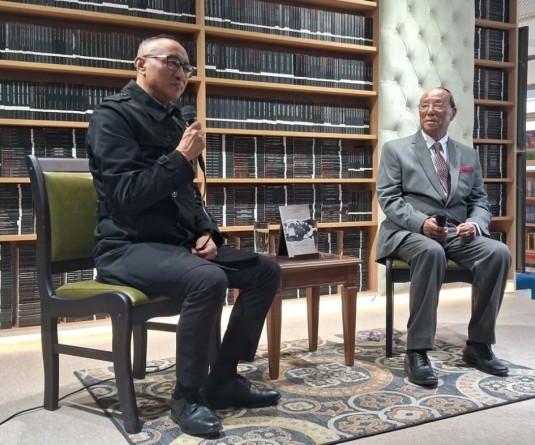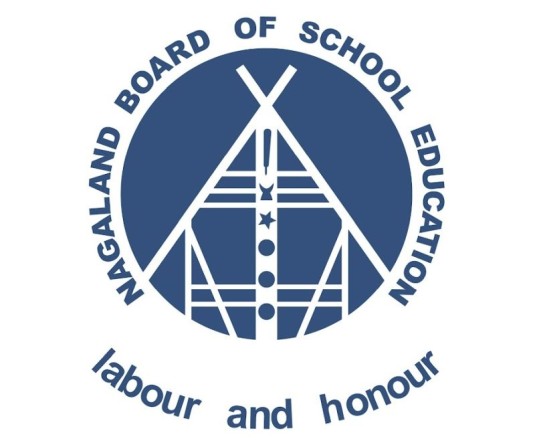Dignitaries and others during the release of fingerlings at Doyang River on June 18. (Morung Photo)

Our Correspondent
Kohima | June 18
In a move to restore aquatic biodiversity and to enhance fish population in Nagaland, the Department of Fisheries & Aquatic Resources, Nagaland released around 1 lakh fingerlings at Doyang River along Zunheboto- Wokha District on June 18.
The release of fingerlings was done during awareness programme-cum- River Ranching (Stocking of fingerlings in riverine system of Nagaland state for the year 2024-25) under Pradhan Mantri Matsya Sampada Yojana (PMMSY) in the presence of Y. Kikheto Sema, principal secretary Fisheries & Aquatic Resources, Nagaland, Rongsennungba, Director, Fisheries & Aquatic Resources and several other department officials and village leaders.
Addressing the gathering at Aghakupu, Doyang, Kikheto underscored the need to conserve indigenous fish species and enhance the livelihoods of local fishing communities through scientific and responsible resource management.
“We must raise awareness to preserve our rivers and environment. The time to act is now,” he said, while also reminding the public of the NBCC resolution to protect the environment and ban all activities harmful to nature, including unethical fishing and hunting.
He raised concerns over the state's growing dependency on livestock products from outside the state.
He stated that Nagaland annually spends around Rs. 100 crore on import of fish.
Kikheto praised Chakhesang Public Organization for imposing a ban on import of pigs in the Chakhesang jurisdiction since 2000 for commercial purposes and encouraged others to follow suit for consumption of quality and locally produced items.
He also made a strong appeal to the villagers along both sides of Doyang River – Philimi in Zunheboto and Tsungki in Wokha – to pledge against using harmful methods such as chemicals, explosives, and batteries for fishing which is harmful and illegal.
“We will continue to promote eco-friendly fishery practices and support rural livelihoods through community-based outreach,” he added.
He maintained that by increasing local fish availability through ranching, the state can reduce its dependence on outside markets and move towards self-reliance in fish production.
‘Impose total ban on fishing during breeding season’
Rongsennungba expressed concern over the declining fish population in Nagaland due to habitat destruction and destructive fishing practice.
“Our rivers are God-gifted, but due to human greed, overfishing, pollution, and harmful fishing methods, fish populations are rapidly declining,” he regretted.
He highlighted the high value of fish not only as a food source but also for ornamental and sport fishing.
He also proposed the formation of Green Zone Committees to regulate fishing and protect river habitats from quarrying and other disturbances.
He said that the Department has been ranching the rivers of Nagaland to enhance natural fish stock, restoration of Indigenous fish species and to maintain ecological balance in river systems.
Asking the villagers to do away with unethical fishing, he also called upon them to impose total ban on fishing during breeding season (June- August).
About PMMSY
Dr Rongsenkumzuk, Deputy Director, Fisheries & Aquatic Resources talked awareness on fish ranching.
He said that the number of fingerlings released is not the primary goal but the objective is to create awareness and encourage river ranching practices.
He stated that the success of such initiatives depends largely on village councils and their commitment to enforce structured rules and protect fish habitats.
Mentionably, PMMSY is designed to address critical gaps in the fisheries value chain from fish production, productivity and quality to technology, post-harvest infrastructure and marketing.
It aims to modernize and strengthen the value chain, enhance traceability and establish a robust fisheries management framework while simultaneously ensuring the socio-economic welfare of fishers and fish farmers.
Vikikhe Assumi, Head GB, Philimi Village and Janthungo Kikon, chairman, Tsungki Village Council also spoke on the occasion and thanked the department for making all-out effort to conserve and enhance fish population in the state.
The programme was chaired Ketusielie Angami, Joint Director, Fisheries & Aquatic Resources.





